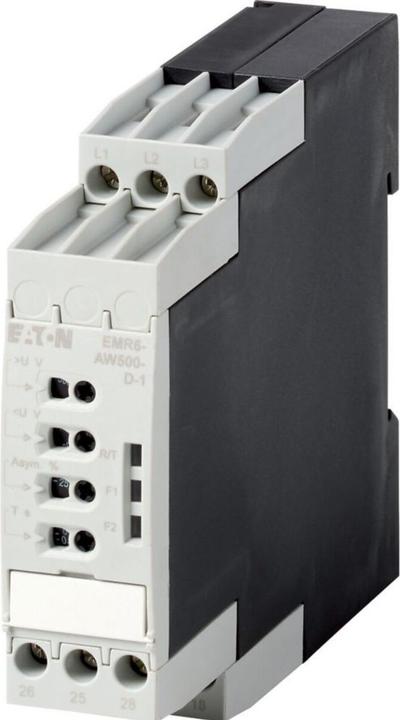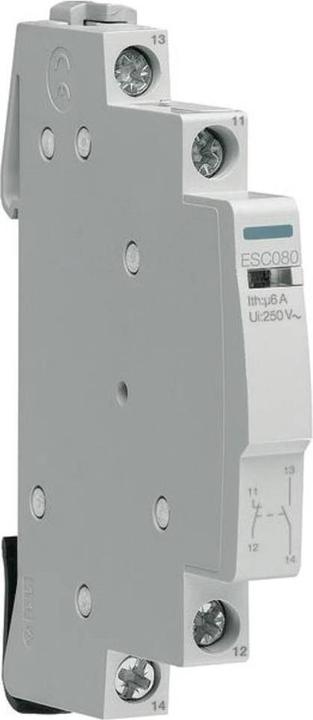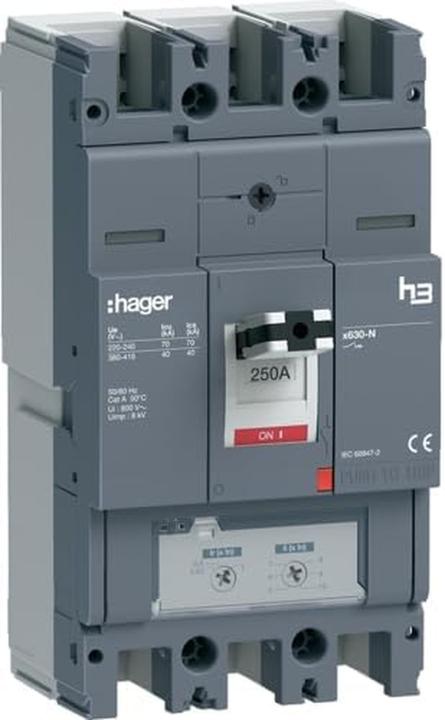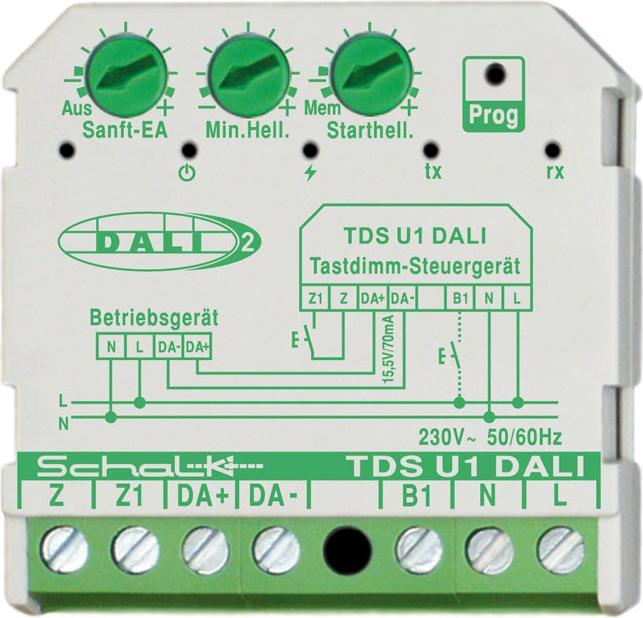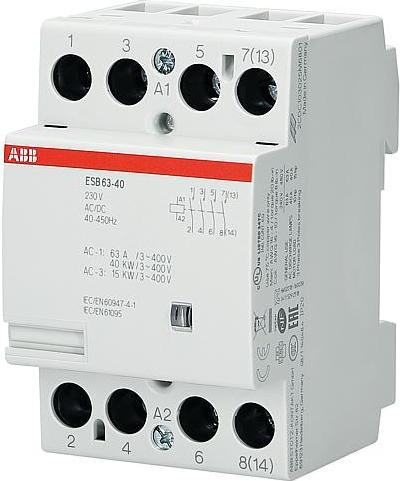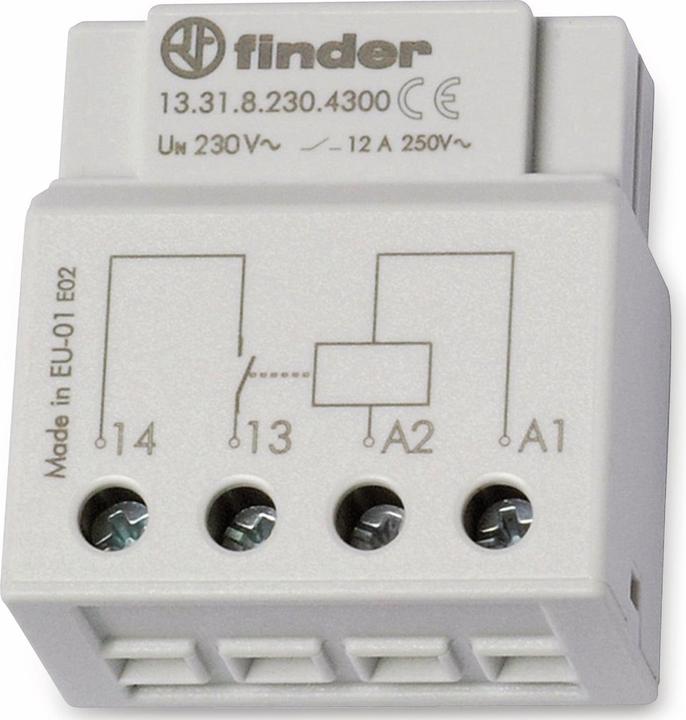
Too Many Relays? Here's How to Find the Right One
Discover five essential factors to consider when choosing the perfect relay for your needs.
Last updated 1 month ago. Automatically generated content.
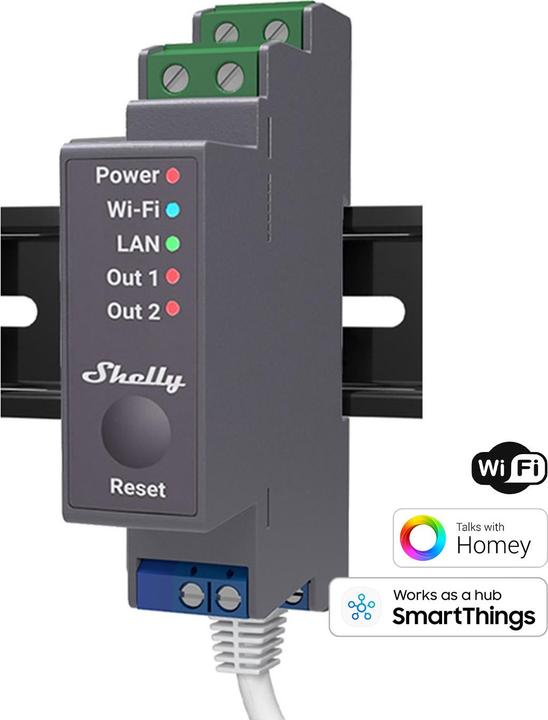

Select options and limit the number of products
Relay type refers to the specific function and operating mechanism of a relay, which is crucial for determining its suitability for various applications. Understanding the different relay types helps in selecting the right one for specific electrical or automation tasks, ensuring efficiency and reliability in performance.
Popular options (you can select more than one)
Power contactor
Typical price
80.– to 640.–Designed for high-current applications, power contactors are used to control electric motors and other heavy loads.
Ideal for industrial settings, they provide robust performance in managing large-scale electrical systems.
Bestseller
Switching relay
Typical price
33.– to 140.–Used for low-current switching applications, switching relays control electrical signals within circuits.
They offer precise control in home automation systems, enhancing energy management and operational efficiency.
Bestseller
Monitoring relay
Typical price
120.– to 320.–Monitors electrical parameters like voltage and current to maintain system health.
Perfect for preventive maintenance, they ensure safe operation by alerting users to abnormal conditions.
Bestseller
Contactor relay
Typical price
43.– to 94.–Combines the functions of a relay and a contactor to manage medium to high-power loads.
They provide versatile control in both residential and commercial environments, optimizing electrical equipment operation.
Bestseller
Output voltage refers to the voltage level that a relay can deliver to a connected device, influencing its compatibility and effectiveness. Choosing the appropriate output voltage is crucial for ensuring device safety and optimal performance in various applications.
Popular options
Up to 110 V
Typical price
38.– to 200.–Suitable for low-voltage applications, often used in residential and light commercial settings.
Offers compatibility with everyday electronic devices, providing safe and efficient operation.
Bestseller
401 - 600 V
Typical price
72.– to 300.–Supports high-voltage applications, typically found in heavy industrial and manufacturing setups.
Provides robust power for demanding systems, enhancing operational efficiency and power handling.
Bestseller
Electric current output refers to the maximum current a relay can handle, crucial for ensuring compatibility with the devices it controls. Selecting the correct current output is essential to prevent overloads and ensure safe and efficient operation of electrical systems.
Popular options
Up to 9 A
Typical price
43.– to 140.–Suitable for low-power applications, such as small appliances and lighting circuits.
Ensures reliable operation in systems with minimal current requirements, reducing the risk of circuit damage.
Bestseller
41 - 116 A
Typical price
180.– to 570.–Designed for high-power applications, such as industrial machinery and large-scale systems.
Provides robust performance in demanding environments, ensuring durability and safety under heavy loads.
Bestseller
Output current type refers to how a relay manages electrical flow to its load, influencing compatibility with various devices. Choosing the appropriate current type ensures optimal relay performance and safe operation within specific electrical systems.
Popular options (you can select more than one)
AC
Alternating Current (AC) relays switch electrical flow that regularly reverses direction.
AC relays are ideal for general applications like home appliances and industrial machinery, providing reliable operation.
Bestseller
AC/DC
AC/DC relays can handle both alternating and direct current, offering versatile usage.
These relays are suitable for mixed electrical environments, ensuring adaptability and broad compatibility.
Bestseller
The choice of relay brand can significantly impact the reliability and performance of electrical systems. Trusted brands like Siemens, Hager, and Finder offer diverse solutions, each catering to specific needs ranging from industrial applications to smart home systems.
